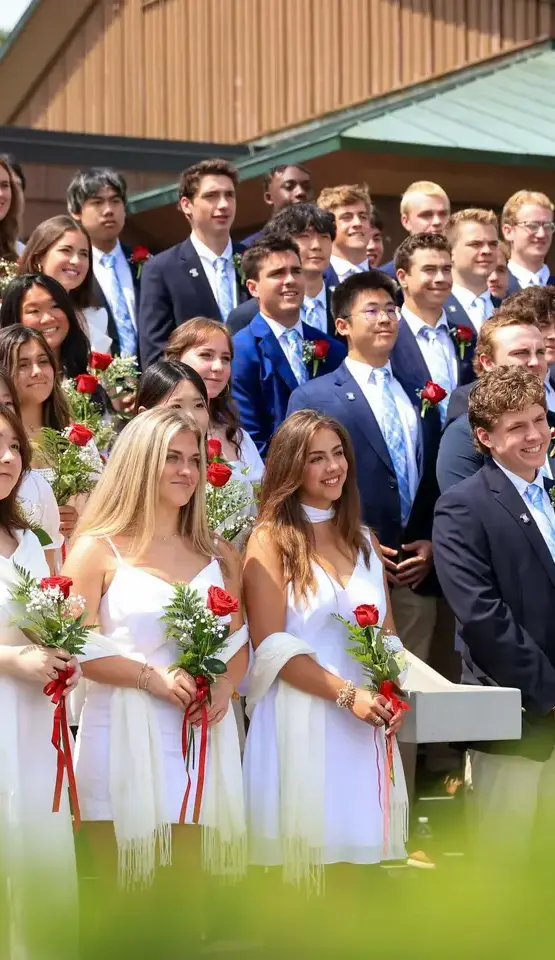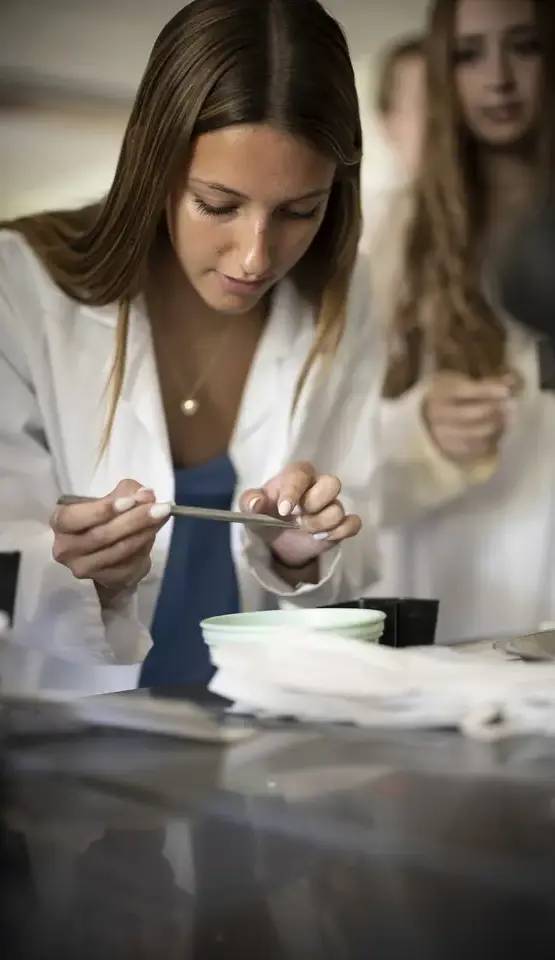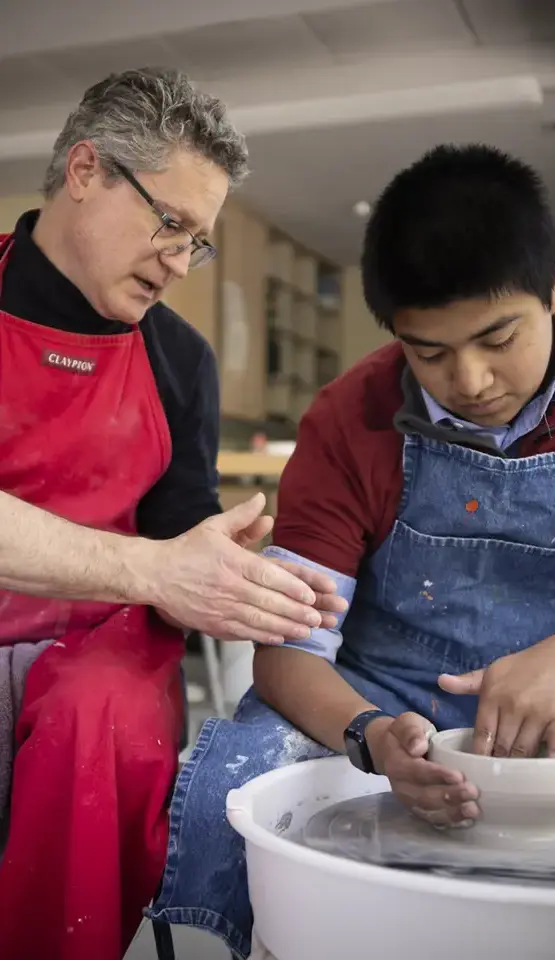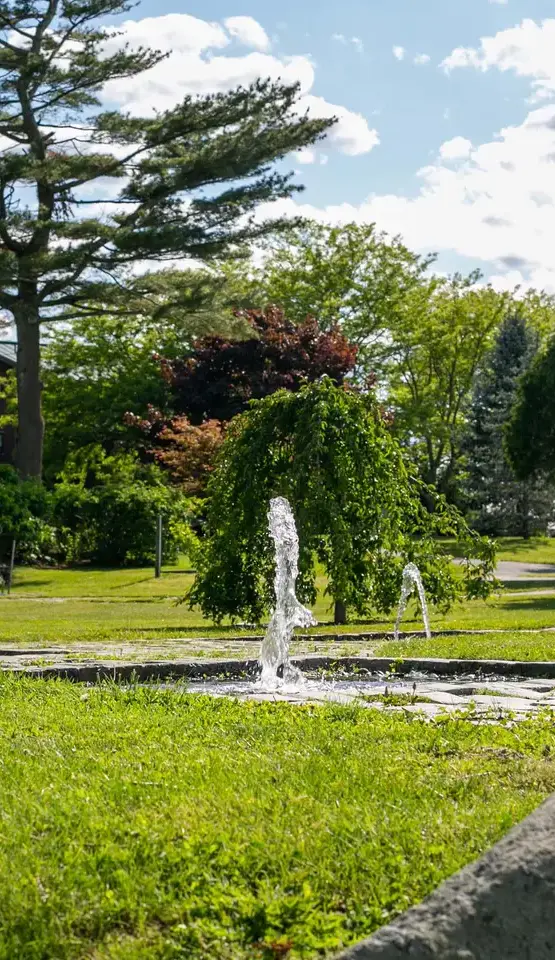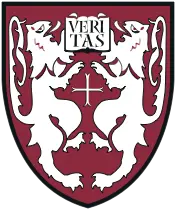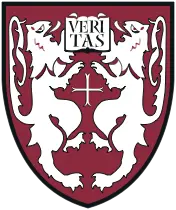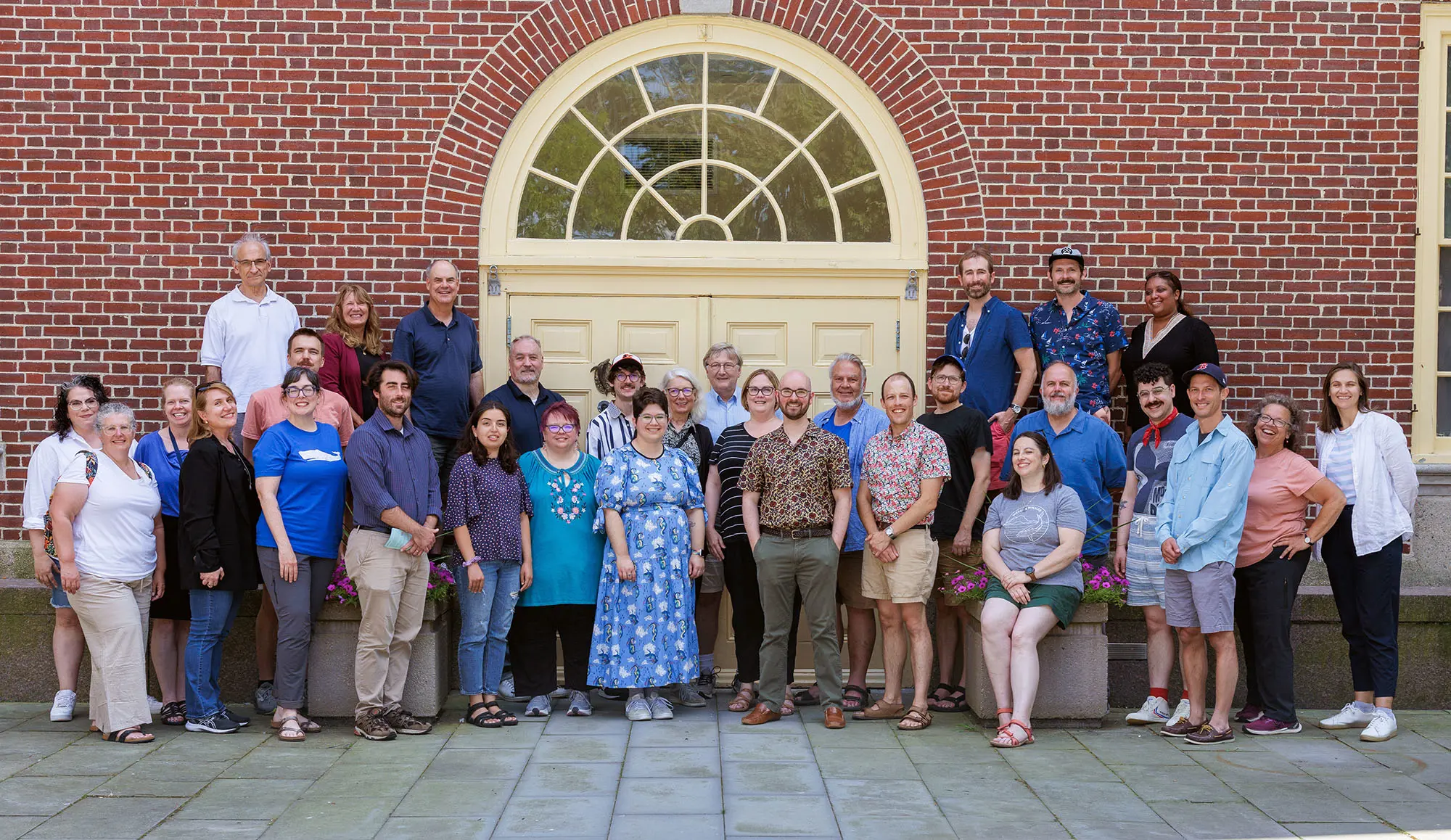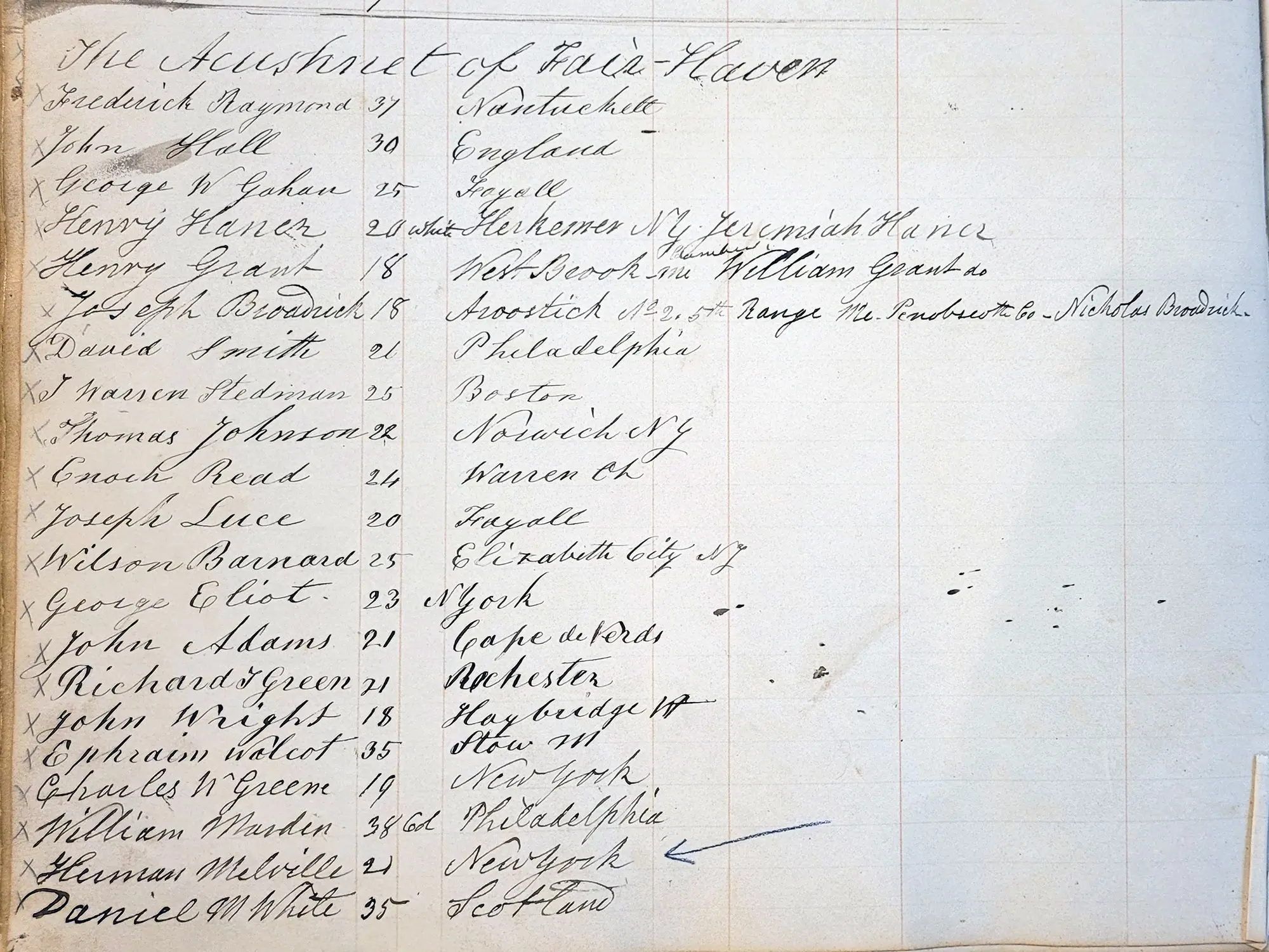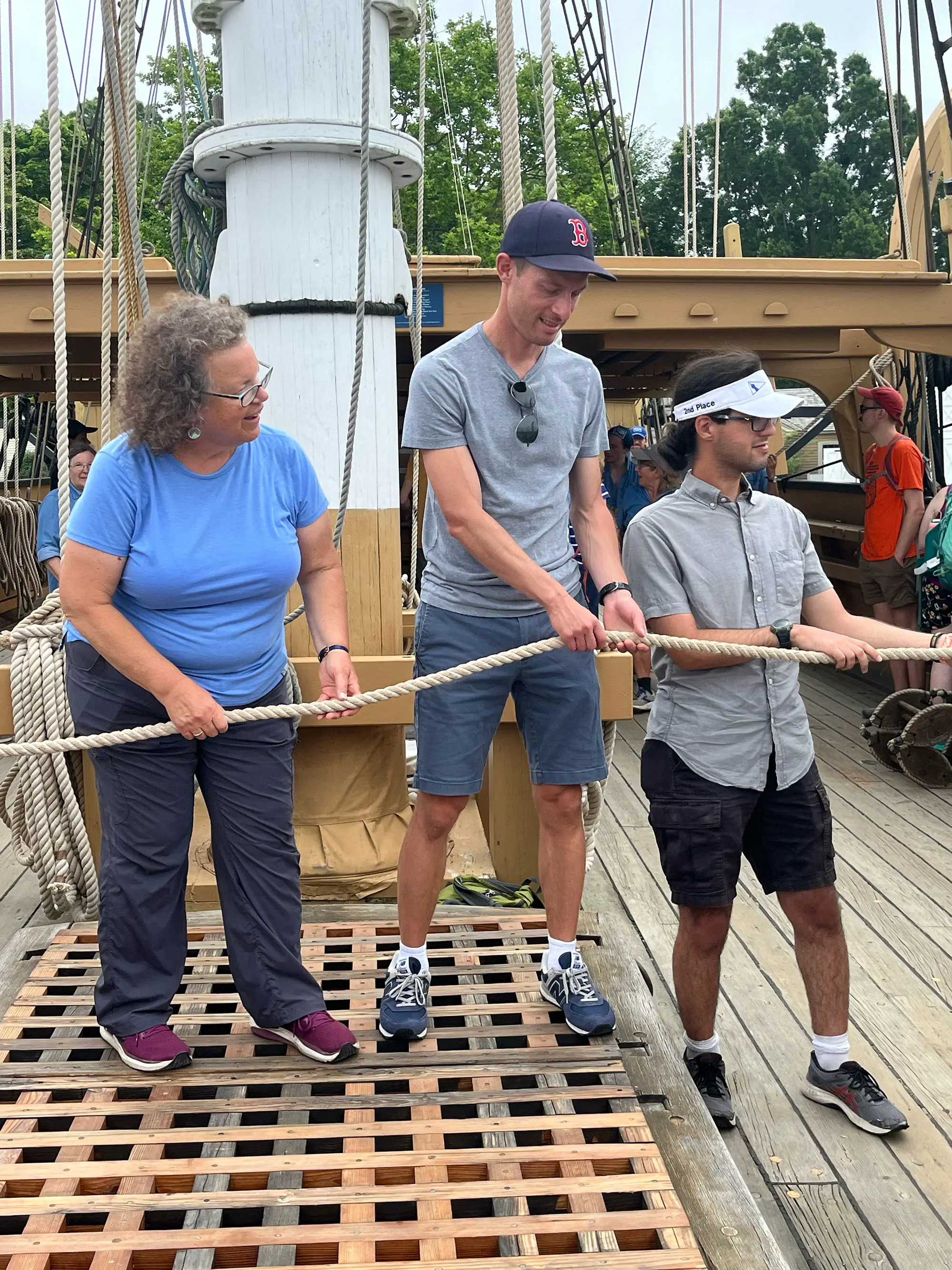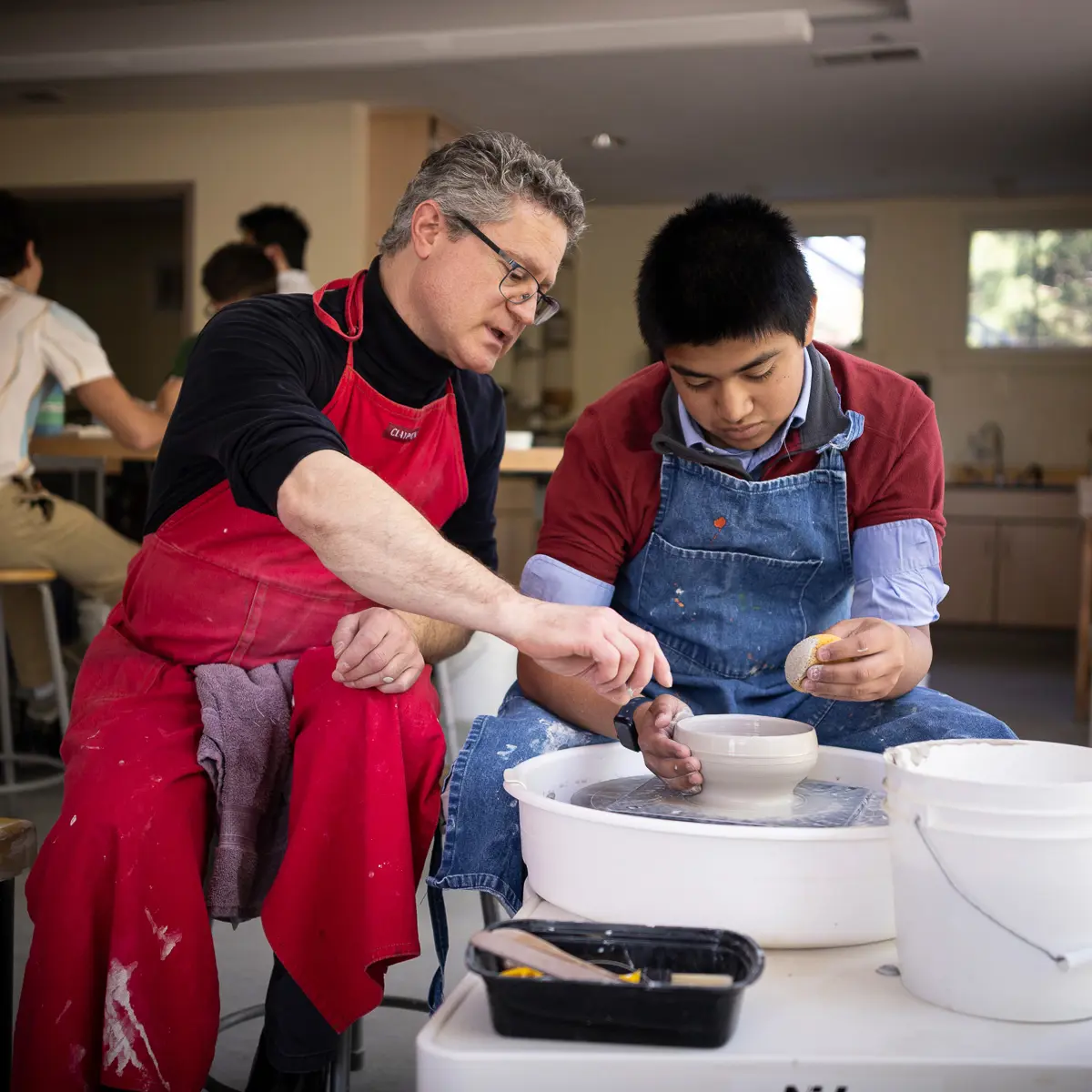September 2024
|
Michael St. Thomas, head of the English department, participated in a prestigious workshop on Herman Melville's "Moby-Dick" at the New Bedford Whaling Museum this summer.
St. Thomas and his fellow participants engaged in an intensive study of the novel, complemented by hands-on interactions with the museum’s extensive collections and digital archives. Pictured is a page from a whaling ship's logbook.
The workshop was a hybrid of online and in-person sessions, culminating in a two-week immersive experience at several historic locations.
Mark Nadeau, head of the Visual Arts Department. |
Faculty Take Advantage of Summer Professional Development Opportunities
Portsmouth Abbey faculty engaged in advanced learning this summer and honed their skills through various professional development opportunities. As reported during the School’s recent faculty sessions to prepare for the new academic year, those who participated were appreciative of the opportunity to be students again, develop a deeper understanding of how they could apply new-found knowledge to their teaching, and share their interests and talents with others through service, networking and collaboration. Michael St. Thomas, head of the English department, had the incredible opportunity to deepen his expertise in American Literature by participating in a prestigious workshop on “Moby-Dick,” the classic novel by Herman Melville. Hosted by the National Endowment for the Humanities, the workshop was a hybrid of online and in-person sessions, culminating in a two-week immersive experience at the New Bedford Whaling Museum in Massachusetts, which included brief forays to Mystic, Connecticut as well as Arrowhead, Herman Melville’s home in Pittsfield, Massachusetts, where he wrote his famous novel. The program, titled “Moby Dick and the World of Whaling in the Digital Age,” brought together educators from across the country to explore Melville’s literary masterpiece through the lens of the rich maritime history of New Bedford, the nation’s leading whaling port during Melville’s time. St. Thomas and his fellow participants engaged in an intensive study of the novel, complemented by hands-on interactions with the museum’s extensive collections and digital archives. This experience also provided participants with a wealth of innovative digital tools and pedagogical strategies for keeping Melville’s genius alive in an age defined not by the long-gone whale trade but by rapid technological innovation. These strategies will prove invaluable as this timeless work is brought to life in Abbey classrooms, helping to enrich each student’s exploration of the profound connections between literature and the humanities. Colin McKay, also a member of the English department, continued his pursuit of a Master of Arts degree in Liberal Arts through The Graduate Institute at St. John’s College. The program, which met in Santa Fe, New Mexico, engages students in a Great Books-inspired curriculum that encourages deep reflection and intellectual growth. The opportunity to engage in thought-provoking discussions centered around a specific theme or principle with learners and advisors from various backgrounds and career settings taking part. A week-long online poetry course offered by the Fine Arts Work Center in Provincetown will assist creative writing students as their teacher, Jay Bragan, infuses Ekphrastic Poetry, poetry written in response to works of art, into their coursework. With a campus brimming with art and artistic influences, this method will likely produce some beautiful poems. Similarly, Mark Nadeau, head of the Visual Arts Department, participated in six learning webinars to gain new perspectives on topics consistent with the art curriculum. With titles like “Reimagining the Photographic Image” and “Bigger than Hip Hop: Bringing ‘New School’ to ‘Old School’ Pottery,” these courses offer the chance to reinvent how one approaches one's creativity. Look for more faculty news and accomplishments in upcoming issues. |

